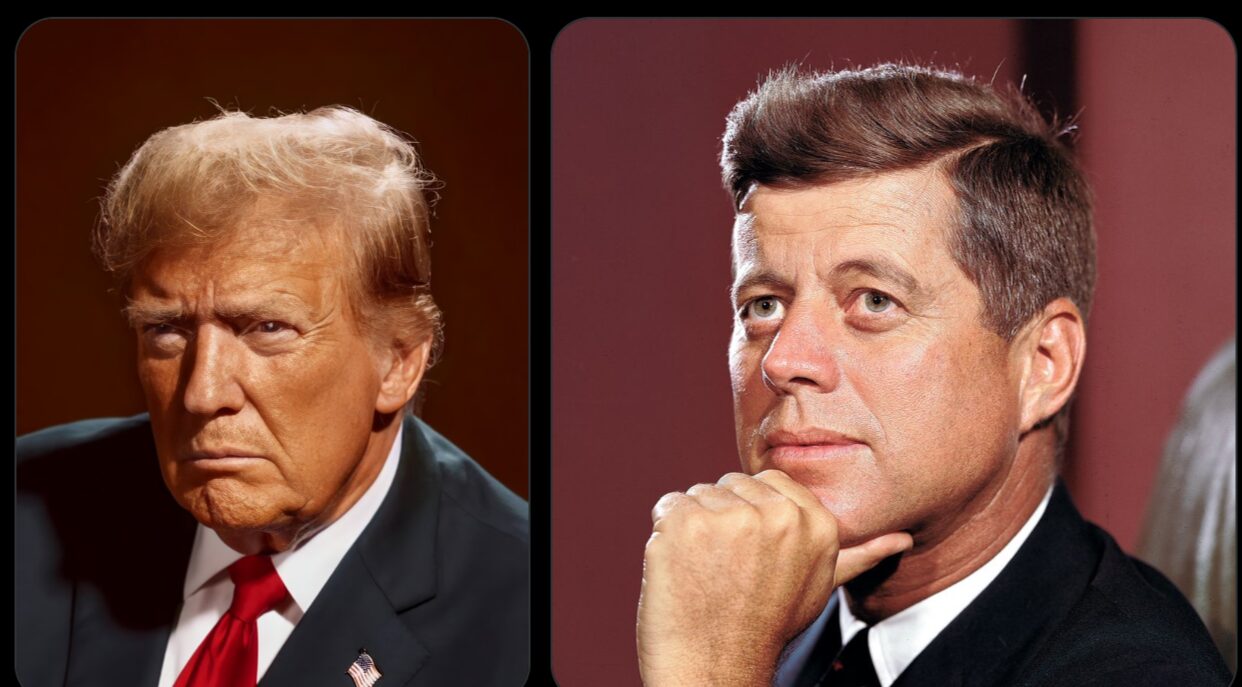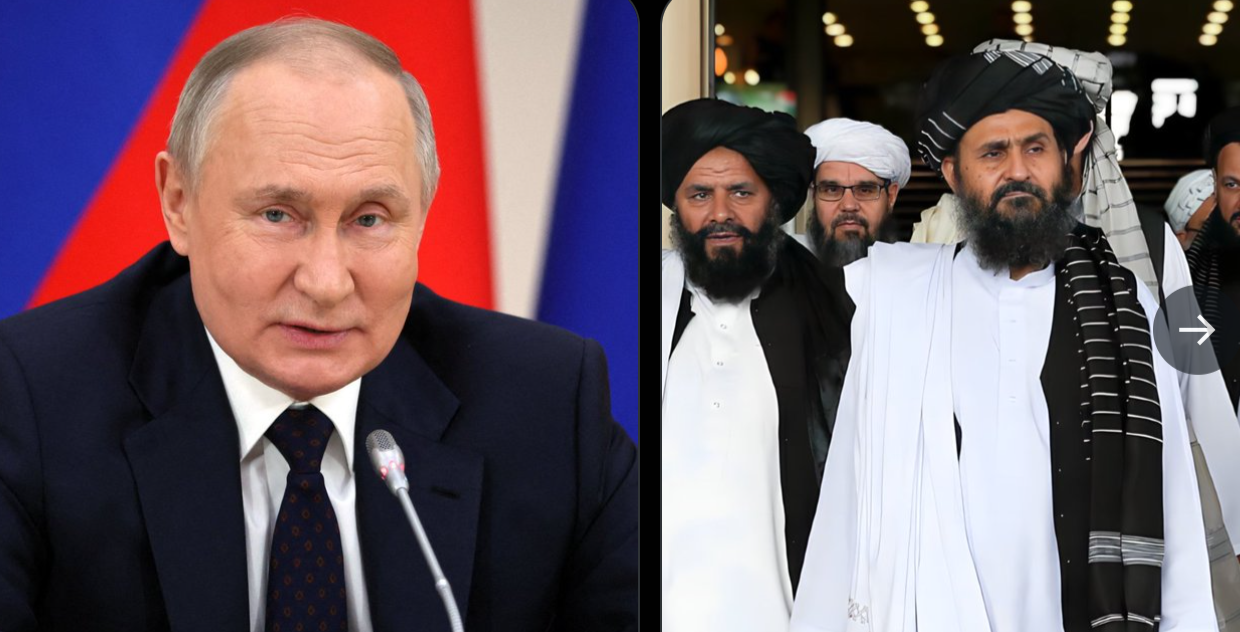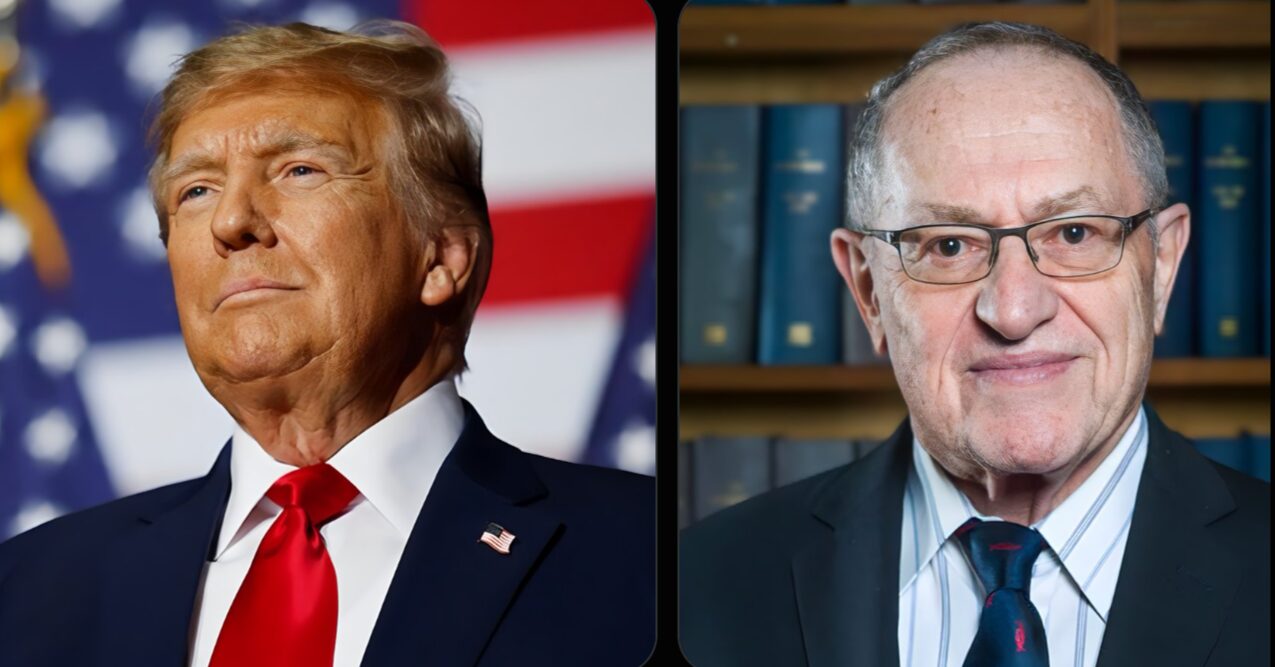Trump vows to release JFK, RFK & MLK assassination records
In a bold and highly anticipated move, former U.S. President Donald Trump has announced his intention to release the remaining classified records concerning the assassinations of President John F. Kennedy (JFK), Senator Robert F. Kennedy (RFK), and Dr. Martin Luther King Jr. (MLK). This announcement has generated widespread speculation and interest, as many of these records have been kept under wraps for decades due to national security concerns, legal reasons, and the protection of sensitive government sources.
Trump’s vow to release these documents is part of a broader push to declassify records from past administrations, with a focus on transparency and shedding light on some of the most enduring mysteries in American history. The JFK, RFK, and MLK assassination files have been subject to public scrutiny for years, fueling conspiracy theories and calls for greater disclosure.
The JFK Assassination Records
John F. Kennedy’s assassination on November 22, 1963, in Dallas, Texas, remains one of the most significant events in U.S. history. Despite extensive investigations by the Warren Commission and subsequent government bodies, many questions remain unanswered about the circumstances surrounding his death. Over the years, various conspiracy theories have emerged, suggesting that there may have been multiple individuals or organizations involved in the assassination, not just the lone gunman, Lee Harvey Oswald.
In response to public demand for more transparency, various documents related to the JFK assassination have been declassified over time. However, a large portion of the files is still classified, including documents that could potentially reveal more about the involvement of foreign governments, intelligence agencies, and other parties. Trump’s promise to release these files, if fulfilled, could offer new insights into the events surrounding Kennedy’s death and address long-standing questions that have fueled decades of speculation.
The RFK Assassination Records
Robert F. Kennedy, a U.S. senator and presidential candidate, was assassinated on June 5, 1968, while campaigning for the Democratic nomination for president. He was shot by Sirhan Sirhan, a Palestinian Arab, at the Ambassador Hotel in Los Angeles, shortly after delivering a victory speech following his win in the California primary. Like the JFK assassination, RFK’s murder has been the subject of various conspiracy theories over the years, with some questioning whether Sirhan acted alone or if there were other parties involved.
The release of additional documents related to RFK’s assassination could shed light on the motivations behind his killing and potentially reveal any behind-the-scenes factors that were not fully explored in previous investigations. In particular, some believe that intelligence agencies or political operatives may have had a role in the assassination, and the declassification of records could either confirm or disprove these theories.
The MLK Assassination Records
Dr. Martin Luther King Jr., the iconic civil rights leader, was assassinated on April 4, 1968, in Memphis, Tennessee, by James Earl Ray, according to the official investigation. However, many people, including members of King’s family and some civil rights groups, have long questioned the official narrative, with concerns that the assassination may have been the result of a larger conspiracy. Allegations involving government agencies, including the FBI and CIA, have been raised, as King was a vocal critic of the U.S. government’s policies, particularly the Vietnam War.
King’s assassination, like those of JFK and RFK, has sparked numerous calls for greater transparency and declassification of documents. The release of these records could provide new evidence or context that may either validate or challenge existing theories surrounding King’s death, and potentially offer a clearer picture of the political climate at the time of his assassination.
Why Now?
Trump’s decision to make this vow comes at a time when the U.S. is experiencing a heightened interest in revisiting its historical narratives, especially those related to the political and social upheavals of the 1960s. This era was marked by turbulent events, including the Civil Rights Movement, the Vietnam War, and the assassinations of prominent figures, all of which continue to shape public discourse today.
The release of these files would undoubtedly be seen as a significant step toward transparency and addressing the questions that have lingered for decades. Some view this as an opportunity to finally put to rest many of the conspiracy theories surrounding these assassinations, while others are concerned that the release could open up new controversies, particularly if the records implicate government agencies or foreign governments in any way.
In the past, the U.S. government has been cautious about declassifying assassination records due to national security concerns, as well as fears that certain disclosures could jeopardize intelligence sources or diplomatic relations. However, Trump’s promise to release the documents suggests a desire to bring more clarity to these historical events and allow the American public to evaluate the information for themselves.
The Political and Social Impact
The release of JFK, RFK, and MLK assassination records could have significant political and social repercussions, particularly in how Americans view their government’s actions during the 1960s. For decades, the official accounts of these assassinations have been scrutinized and challenged, with many questioning whether the U.S. government has fully disclosed the truth.
If Trump follows through with his vow, it could either vindicate the government’s official narrative or reveal new facts that force a reevaluation of history. This would likely reignite debate about the role of government agencies like the FBI and CIA, particularly in relation to their surveillance of civil rights leaders, political dissidents, and anti-war activists during this period.
On a broader scale, the release of these records could also fuel discussions about transparency and accountability within the U.S. government. It could challenge the way the public views historical events and the way those events have been framed by official narratives. For those who believe that previous investigations were compromised or incomplete, the release of these files would be a momentous occasion in the quest for truth.
The Legal and Technical Challenges
While Trump’s vow to release these records has garnered significant attention, it remains to be seen how quickly and comprehensively the process will unfold. The declassification of documents is often a complex and lengthy process that involves multiple government agencies, including the National Archives, the CIA, and the FBI. These agencies typically review documents for sensitive information, including the names of intelligence sources, national security matters, and diplomatic concerns.
Furthermore, the legal implications of releasing certain documents could present obstacles. In some cases, classified information may be protected by law for national security reasons, and declassifying it could pose risks to ongoing intelligence operations or diplomatic relations with foreign countries. It is unclear how Trump’s administration would navigate these legal challenges, especially given the sensitive nature of the documents involved.
In Conclusion
Trump’s vow to release the assassination records of JFK, RFK, and MLK has sparked intense interest and debate, as many people have long believed that the truth about these pivotal events has been withheld from the public. Whether the release of these records will finally provide conclusive answers or open up new avenues of investigation remains to be seen. However, it is clear that the move would have profound implications for how these historical tragedies are understood and how the U.S. government’s role in them is viewed.
As Trump moves forward with his pledge, all eyes will be on the forthcoming declassified records, with the hope that they will either confirm or challenge the narratives that have shaped public perception of these assassinations for over half a century. Whether this decision will ultimately lead to greater transparency or further controversy is yet to be determined.

















Post Comment